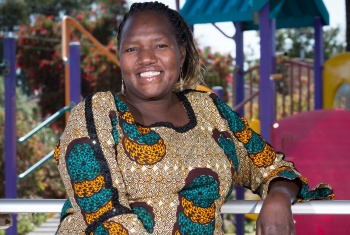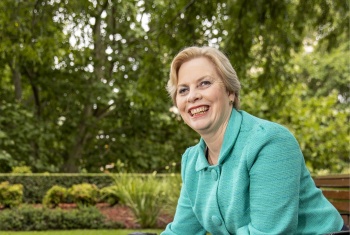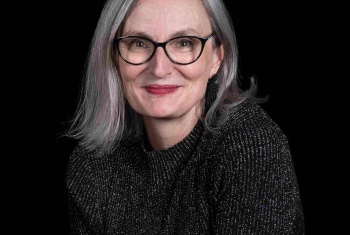An Adelaide social profit organisation is helping people with disability in Culturally and Linguistically Diverse (CALD) communities who are often unaware of supports available to them, to understand and access the NDIS and disability services.
Social profit enterprise JFA Purple Orange is hosting a series of free, bi-lingual, capacity-building workshops, aimed at increasing awareness around disability and disability services, so people with disability from CALD communities can more easily find support.
JFA Purple Orange Project Officer Esther Simbi has co-designed the workshop series, in collaboration with members of the Spanish-speaking and Bhutanese (Nepalese-speaking) communities of South Australia.
“Many people in these communities are unaware of what constitutes a disability,” Ms Simbi said. “There is a lack of awareness about disability, they often don’t even know they have a disability, in many CALD languages, it is not well defined.
“We see people, especially people with invisible disabilities - hearing impairment, significant mental health issues, and degenerative conditions - who are unaware they have a disability or that there are supports out there for them. They don’t think of these things as disability, so they aren’t receiving support to help them live their best lives.”
Ms Simbi has her own lived experience as a refugee and person living with disability, and is an NDIS participant.
She was born in South Sudan and migrated to Australia after living in Ugandan refugee camps for 20 years. She lives with post-polio syndrome, which causes muscle atrophy, scoliosis, and debilitating fatigue and pain. She often needs a wheelchair to move around.
“I have been there, I know what it’s like to be stuck at home with no bread or milk, and with nobody to call for help,” she said. “The NDIS has been life-changing for me so that I have choice and I can live life my way, and I want to help other people to have that same opportunity.”
The Federal Government grant-funded educational workshops feature guest speakers with lived experience of disability and people in the disability sector, including service providers and NDIS Local Area Coordinators (LACs).
They address a range of issues, including what to tell a doctor at your appointment, and the role of support coordinators in managing NDIS plans.
“Many people in these communities don’t know what the NDIS is or how to access it, or how to find services,” Ms Simbi said.
President of the Hispanic Women’s Association of South Australia, Patricia Rios, says the workshops are helping to break down cultural barriers and taboos around disability and to provide support for people who are often isolated, don’t speak English, and are far from extended family.
“It’s like the heavens spoke to us with this connection,” she said. “We know some people are doing it alone, they’re dealing with the system alone, and we’ve been looking into this situation, but this is the first time we have made these formal connections, which is fantastic,” she said.
Chairperson of the Bhutanese Australian Association of South Australia, Mr Lal Rai ways the workshops are addressing barriers and misunderstandings about disability in his community.
“Many people think disability is only physical disability, they don’t have an idea about intellectual disabilities, cognitive disabilities, or any other disabilities like mental health,” he said.
“There are also cultural and religious beliefs around disability - that disability is due to something that happened in a previous life - so it’s a process of trying to educate people and give them information that allows them to ask for help and get the help they need.”
Ms Simbi will host bi-lingual workshops for both communities each month until the end of this year.
Lunch is provided free of charge and transport can be arranged. For details, go to the Peer Connect website or contact JFA Purple Orange at [email protected] or Esther Simbi at [email protected].



